|
We cannot think of a better way to kick of Lung Cancer Awareness Month 2016 than with this excellent Q&A with a leader in the movement - and our friend - Bonnie Addario. Please read this inspirational and informative interview from Genentech: https://www.gene.com/stories/qa-bonnie-j-addario
0 Comments
7/24/2015 The Bonnie J. Addario Lung Cancer Foundation Honors Leading Lung Cancer Researcher with the 2015 Addario Lectureship AwardRead NowFred R. Hirsch, MD, PhD, honored at the 16th International |
|||||||
| cancer_survey_poster.pdf | |
| File Size: | 253 kb |
| File Type: | |
5/19/2014
Bonnie J. Addario Lung Cancer Foundation and Van Auken Private Foundation Announce the 2014 Young Innovators Team Award for Lung Cancer Research
Read NowAward will fund teams of young, brilliant thinkers for research focused on immediate impact on lung cancer patient lives
SAN CARLOS, CALIF. — The Bonnie J Addario Lung Cancer Foundation (ALCF), in collaboration with the Van Auken Private Foundation today announced the 2014 Young Innovators Team Award (YITA), a first-of-its-kind program that will fund and support teams of young investigators to conduct novel, innovative and transdisciplinary research with a potential of high clinical impact for lung cancer patients.
“In an effort to involve all stakeholders in our mission of making lung cancer a chronically managed disease by 2023, our goal with this program is to identify young, brilliant and collaborative out-of-the-box thinkers to deliver meaningful and measurable results in the field of lung cancer,” said Bonnie J. Addario, lung cancer survivor and founder of the ALCF.
The 2014 Young Innovator Team Award, with funding from both the Addario Lung Cancer Foundation and the Van Auken Private Foundation, will provide up to a total of $500,000 per team over a duration of 2-3 years, to teams of two or more young investigators – those within five years of their first faculty appointment (www.lungcancerfoundation.org/grants).
All submissions will be evaluated on the following four main criteria; that the proposed research be:
“Not only is lung cancer the least funded cancer, proportionate to the amount of lives it claims,” said Tony Addario, CEO of the Addario Lung Cancer Medical Institute (ALCMI), the ALCF’s sister organization and an international research consortium, “but it attracts disproportionately fewer young, talented thinkers because there is such a lack of funding for research. We hope this award is the first step in changing that. We also want to encourage young innovators to work together and collaborate in a transdisciplinary fashion focused on solving lung cancer patients’ pressing unmet medical needs.”
The funding mechanism is designed in such a way that young investigators work together in cross-disciplinary teams and drive the projects, with guidance from mentors at their own institution, as well as the 2014 YITA Scientific Review Committee that will guide and steer their progress, and make final decisions on continued funding.
“The idea is to encourage new thinking and foster leadership skills among young innovators, instilling confidence in them to drive breakthrough, transdisciplinary science under a collaborative, cross-institutional paradigm,” said David Carbone, M.D., Ph.D. at The Ohio State University, and one of the ALCF Scientific Review Committee members.
The 2014 YITA Scientific Review Committee is comprised of four top global experts in the lung cancer field: David Carbone, M.D., Ph.D (The Ohio State University), David Gandara, M.D. (University of California, Davis), Roy Herbst, M.D., Ph.D (Yale School of Medicine), Giorgio Scagliotti, M.D., Ph.D. (University of Torino).
ALCF invites lung cancer patient-oriented research in the following topic areas preferably (however, all submissions will be evaluated):
Key Dates:
RFA Announcement: May 19, 2014
For more information on the award, guidelines for submission, FAQs and the online submission portal please visit www.lungcancerfoundation.org/grants.
The Bonnie J. Addario Lung Cancer Foundation will accept online applications during June 3-August 1, 2014.
Contact:
Guneet Walia, Ph.D.
Director, Research and Medical Affairs
Bonnie J. Addario Lung Cancer Foundation
1100 Industrial Road, #1
San Carlos, CA 94070
[email protected]
Funding for this unique new award is provided by the Bonnie J. Addario Lung Cancer Foundation and the Van Auken Private Foundation.
About the Bonnie J. Addario Lung Cancer Foundation
The Bonnie J. Addario Lung Cancer Foundation is one of the largest philanthropies (patient-founded, patient-focused, and patient-driven) devoted exclusively to eradicating Lung Cancer through research, education, early detection, genetic testing, drug discovery and patient-focused outcomes. The Foundation’s commitment to lung cancer patients is to collaborate and partner with the leaders in oncology, technology, science, medicine and philanthropy to make Lung Cancer a chronically managed disease by 2023. The Foundation works with a diverse group of physicians, organizations, industry partners, individuals, survivors, and their families to identify solutions and make timely and meaningful change. ALCF was established on March 1, 2006 as a 501c(3) non-profit organization and has raised more than $10 million for lung cancer research. To learn more, please visit www.lungcancerfoundation.org.
About the Van Auken Private Foundation
The Van Auken Private Foundation was established on April 17, 2008 as a 501(c)(3) non-profit organization. Its purpose is to make contributions, grants and provide assistance to other tax-exempt charitable organizations, in arts, science, medicine, education and worthy social causes.
“In an effort to involve all stakeholders in our mission of making lung cancer a chronically managed disease by 2023, our goal with this program is to identify young, brilliant and collaborative out-of-the-box thinkers to deliver meaningful and measurable results in the field of lung cancer,” said Bonnie J. Addario, lung cancer survivor and founder of the ALCF.
The 2014 Young Innovator Team Award, with funding from both the Addario Lung Cancer Foundation and the Van Auken Private Foundation, will provide up to a total of $500,000 per team over a duration of 2-3 years, to teams of two or more young investigators – those within five years of their first faculty appointment (www.lungcancerfoundation.org/grants).
All submissions will be evaluated on the following four main criteria; that the proposed research be:
- Out-of-the-box – High-risk, high-impact research that will typically not be selected for federal funding, is creative and has potential for near-term benefit to lung cancer patients.
- Collaborative – Research that fosters collaboration among young researchers who haven’t worked together in the past, preferably across-institutions.
- Translational – Research with outcomes that can be quickly moved from the lab to the clinic, or from the bench to bedside.
- Multi-Disciplinary – Projects that involve multiple academic disciplines/specializations in their approach to solve a problem in the field of lung cancer.
“Not only is lung cancer the least funded cancer, proportionate to the amount of lives it claims,” said Tony Addario, CEO of the Addario Lung Cancer Medical Institute (ALCMI), the ALCF’s sister organization and an international research consortium, “but it attracts disproportionately fewer young, talented thinkers because there is such a lack of funding for research. We hope this award is the first step in changing that. We also want to encourage young innovators to work together and collaborate in a transdisciplinary fashion focused on solving lung cancer patients’ pressing unmet medical needs.”
The funding mechanism is designed in such a way that young investigators work together in cross-disciplinary teams and drive the projects, with guidance from mentors at their own institution, as well as the 2014 YITA Scientific Review Committee that will guide and steer their progress, and make final decisions on continued funding.
“The idea is to encourage new thinking and foster leadership skills among young innovators, instilling confidence in them to drive breakthrough, transdisciplinary science under a collaborative, cross-institutional paradigm,” said David Carbone, M.D., Ph.D. at The Ohio State University, and one of the ALCF Scientific Review Committee members.
The 2014 YITA Scientific Review Committee is comprised of four top global experts in the lung cancer field: David Carbone, M.D., Ph.D (The Ohio State University), David Gandara, M.D. (University of California, Davis), Roy Herbst, M.D., Ph.D (Yale School of Medicine), Giorgio Scagliotti, M.D., Ph.D. (University of Torino).
ALCF invites lung cancer patient-oriented research in the following topic areas preferably (however, all submissions will be evaluated):
- Studies of mechanisms of lung cancer initiation, progression and metastases.
- Development of new technologies for the detection, treatment and prevention of lung cancer.
- Diagnostic and therapeutic interventions, preferably new diagnostics and treatments for metastatic lung cancer especially those targeting currently ‘undruggable’ mutations against which there is no available targeted therapy.
- Early detection of lung cancer, especially via non-invasive tools.
- Identification of mechanisms of resistance to current lung cancer modalities.
- Translational research in metabolism and nutrition.
Key Dates:
RFA Announcement: May 19, 2014
- Online Application Submission Portal Opens: June 3, 2014
- Application Submission Deadline: August 1, 2014
- Peer Review Deadline: August 30, 2014
- Top 5 teams present to the Scientific Review Committee, in-person review: September 10, 2014
- Award Announcements and Notification: September 30, 2014
For more information on the award, guidelines for submission, FAQs and the online submission portal please visit www.lungcancerfoundation.org/grants.
The Bonnie J. Addario Lung Cancer Foundation will accept online applications during June 3-August 1, 2014.
Contact:
Guneet Walia, Ph.D.
Director, Research and Medical Affairs
Bonnie J. Addario Lung Cancer Foundation
1100 Industrial Road, #1
San Carlos, CA 94070
[email protected]
Funding for this unique new award is provided by the Bonnie J. Addario Lung Cancer Foundation and the Van Auken Private Foundation.
About the Bonnie J. Addario Lung Cancer Foundation
The Bonnie J. Addario Lung Cancer Foundation is one of the largest philanthropies (patient-founded, patient-focused, and patient-driven) devoted exclusively to eradicating Lung Cancer through research, education, early detection, genetic testing, drug discovery and patient-focused outcomes. The Foundation’s commitment to lung cancer patients is to collaborate and partner with the leaders in oncology, technology, science, medicine and philanthropy to make Lung Cancer a chronically managed disease by 2023. The Foundation works with a diverse group of physicians, organizations, industry partners, individuals, survivors, and their families to identify solutions and make timely and meaningful change. ALCF was established on March 1, 2006 as a 501c(3) non-profit organization and has raised more than $10 million for lung cancer research. To learn more, please visit www.lungcancerfoundation.org.
About the Van Auken Private Foundation
The Van Auken Private Foundation was established on April 17, 2008 as a 501(c)(3) non-profit organization. Its purpose is to make contributions, grants and provide assistance to other tax-exempt charitable organizations, in arts, science, medicine, education and worthy social causes.
Sonia Williams of Spotlite Radio interviews President and CEO of The Joan Gaeta Lunt Cancer Fund, Joe Gaeta. From April 15th, 2014.
Details

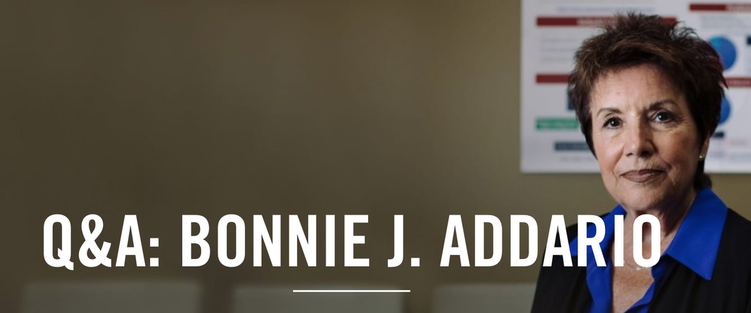
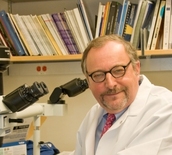
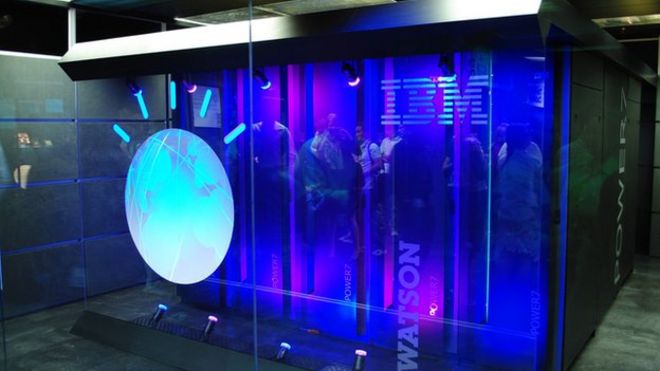
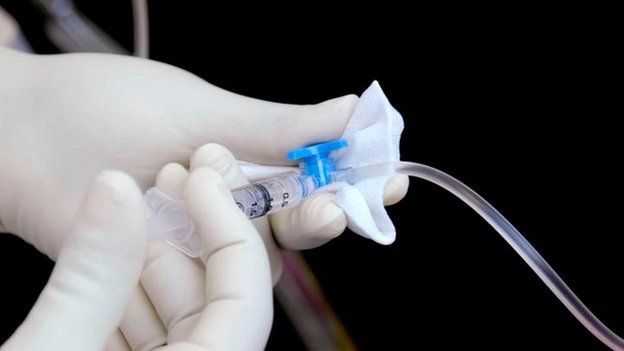
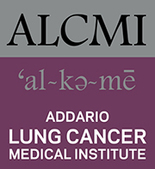
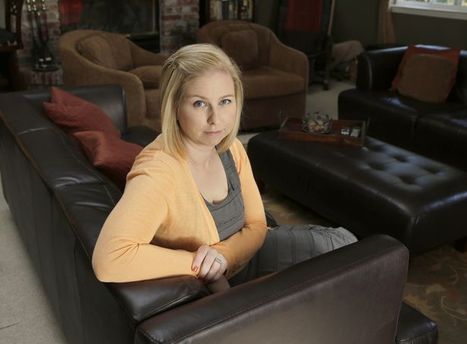

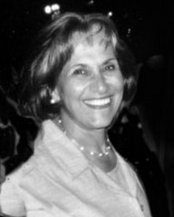
 RSS Feed
RSS Feed
